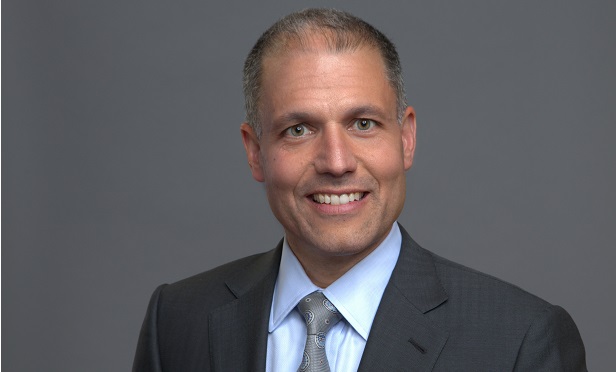Mathas appeared with Dan Houston, the CEO of Principal Financial Group Inc., during a conference panel discussion featuring life insurance company CEOs.
The S&P conference is important because S&P views of insurers affect how much the insurers pay for financing and how much they can charge for insurance.
Here are six more things Houston and Mathas said during their session:
1. Sales standards: Houston said he thinks the U.S. Securities and Exchange Commission will release a draft of its fiduciary rule proposal in about nine months.
2. Annuity sales: Sales of income annuities have been soft in recent years, in part because the stock market has been so strong and calm, Houston said. Once volatility returns, "my guess it's going to cause people to reflect," Houston said. Once people reflect, and understand that they need to make their retirement savings last throughout their retirement, "there's going to be a huge demand for income annuities," Houston said.
3. Barrier to income planning: Mathas said one challenge is helping agent advisors to change gears. "They see themselves as asset gatherers," Mathas said. Once most people retire, "people want income," Mathas said. "They don't actually need assets." Insurers have to engage with agent advisors to get them more interested in income planning, Mathas said.
4. Insurtech upstarts: Houston and Mathas suggested that predictions that the new startups will turn the life insurance upside down are probably ill-founded, partly because life insurance and annuities are still sold, not bought; partly because of the complexity of the insurance regulatory system; and partly because life insurers have much more access to claim data, and can get technology of their own to use their own data better. But the CEOs said the insurtech players have helped push the traditional life insurers to innovate. Mathas said he has found that talking to people from the insurtech world gives him new ways of looking at things. "For them," he said, "the product is the entire experience."
5. New agents: Mathas said that New York Life will recruit about 3,000 to 3,500 new agents this year and has had no problem with recruitment. What insurers need to do that is have the skills and patience to help new agents develop, Mathas said. "It takes a long time," he said. "There aren't that many companies engaged in trying to do that."
6. Behavioral science: Mathas said life insurers have built behavioral management principles into their products for decades, before anyone was using terms such as data analytics. Whole life insurance, which offers policyholders a chance to accumulate assets, is based on the idea that consumers need to force themselves to save, Mathas said. "They say, "Buy term life and invest the difference,'" Mathas said. "Yeah. If you do it. But people don't do it."
— Read also, on ThinkAdvisor:
— Connect with ThinkAdvisor Life/Health on Facebook and Twitter.

 Ted Mathas (Photo: New York Life)
Ted Mathas (Photo: New York Life) 


